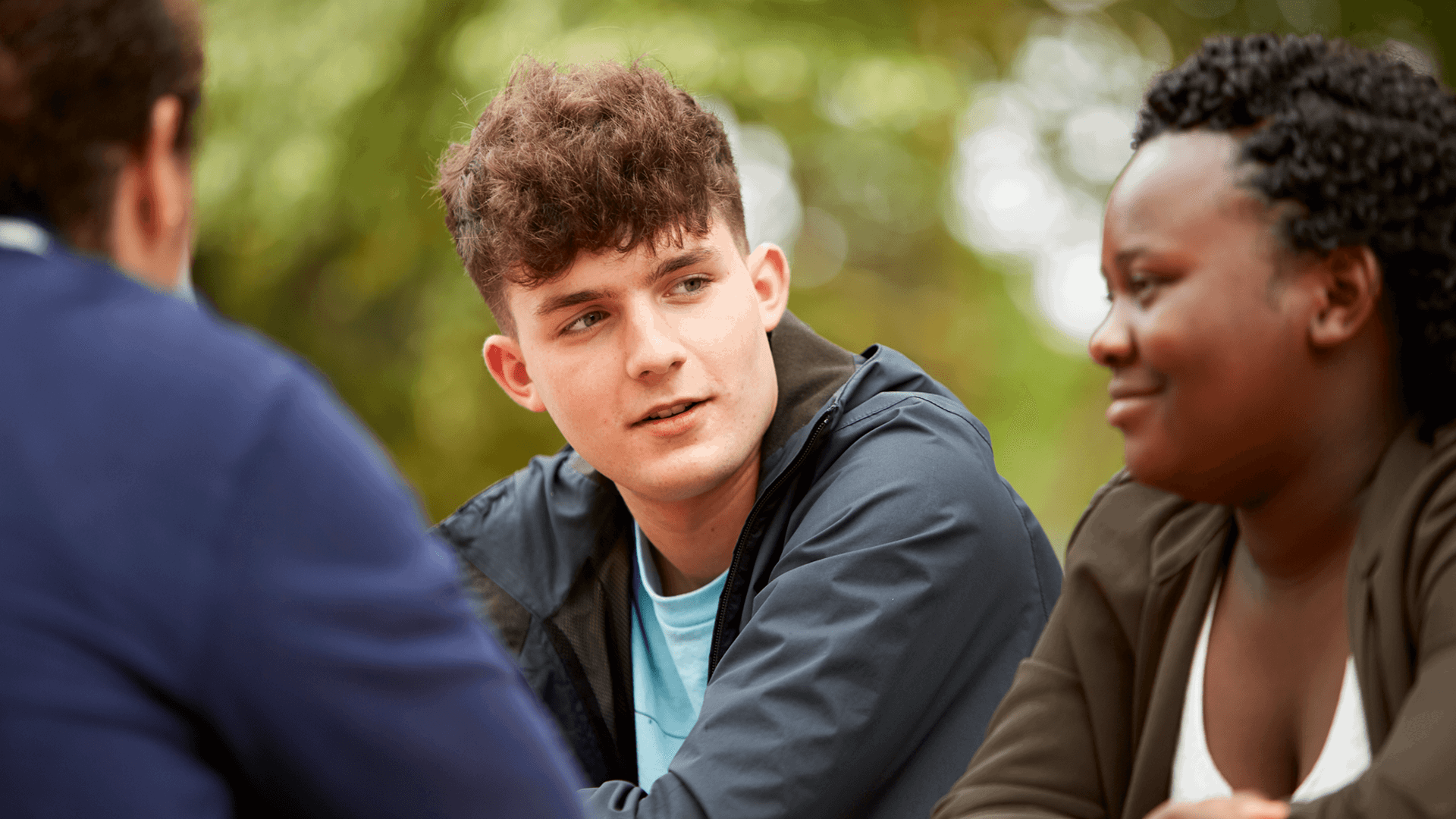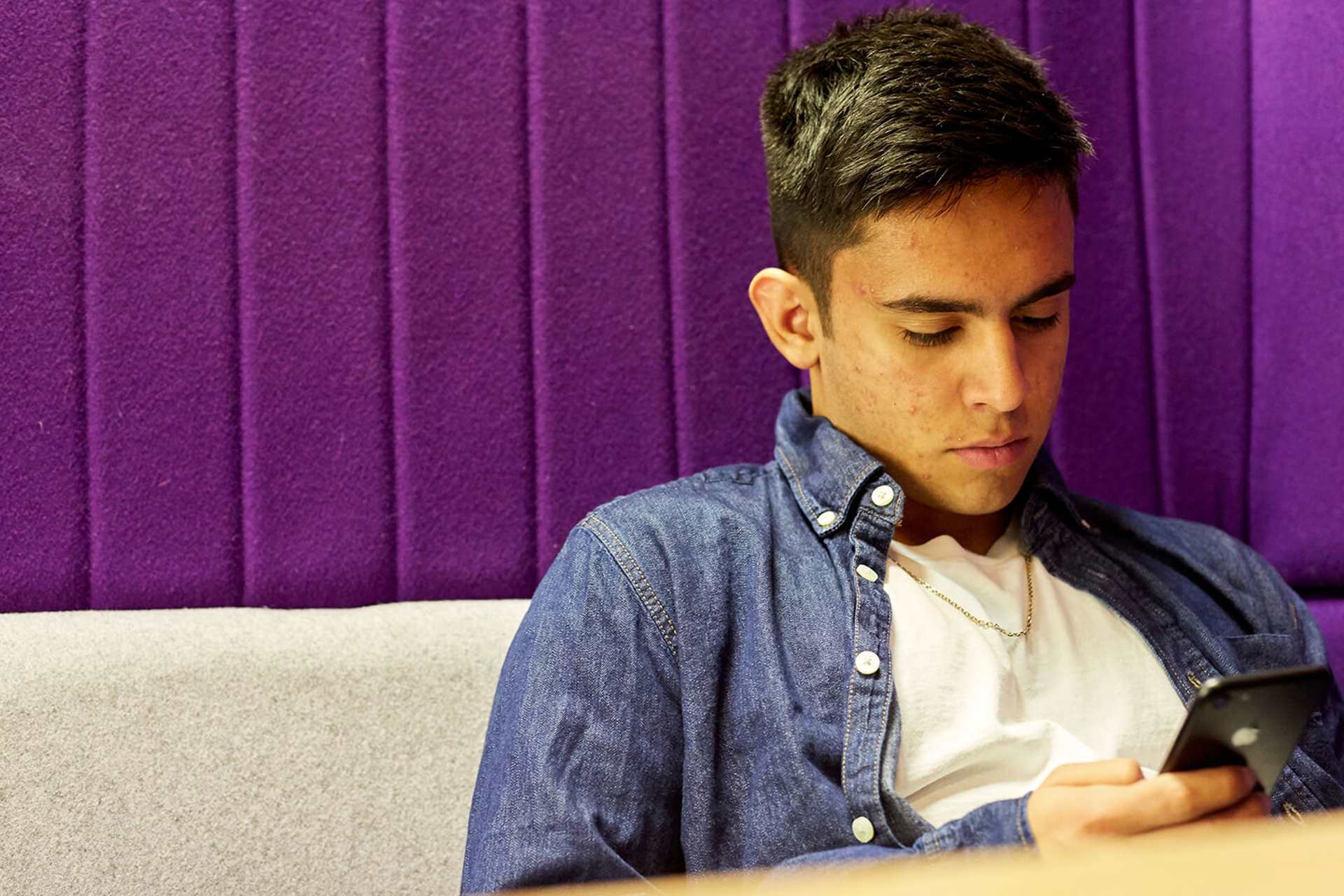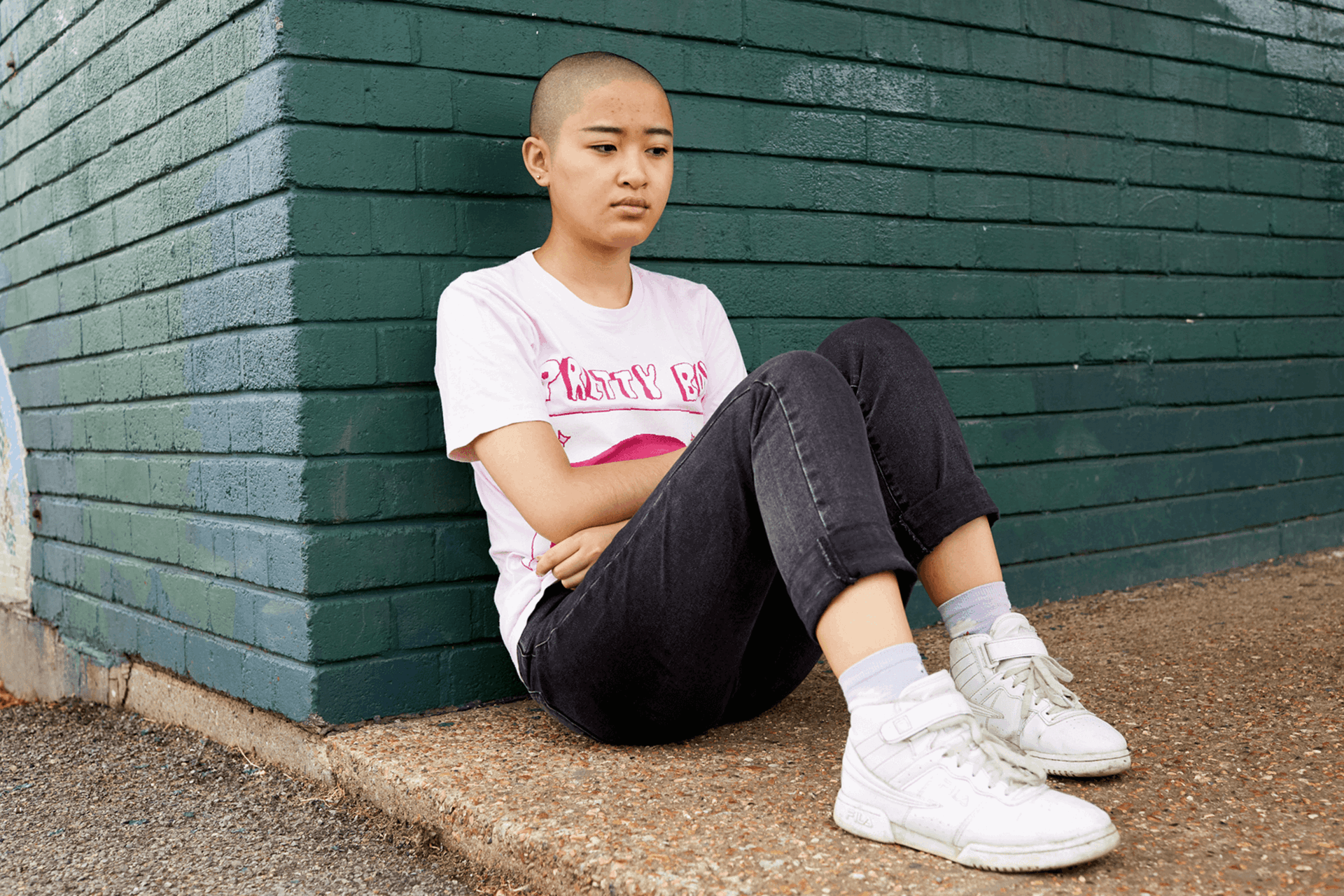Topics mentioned: PTSD, medication
Author: Guest blogger
About: Sometimes it takes some trial and error to find a medication that works for us. Our guest blogger shares their story of trying to find the right medication to help with their post-traumatic stress disorder (PTSD).
Everybody responds to medication differently. This blog only represents the author's experience. For more information, have a look at our medication pages. For medical advice, always speak to your doctor.
I sometimes have ‘bad’ days, but the majority are good.
Starting out on fluoxetine
Shortly after my GCSEs, my psychiatrist diagnosed me with PTSD and prescribed me fluoxetine. It was strange for me to have to take a pill each day to make me feel even an inch better, but I was willing to try.
For a while after I started taking the medication, my symptoms seemed to get worse, to the point where I felt so weak I couldn’t do anything. These symptoms included extreme fatigue, nausea, difficulty concentrating, weakness, anxiety, restlessness and sleep problems.
After I’d been taking the meds for about six weeks, I started noticing a difference - and my boyfriend noticed too. I was less angry and tired, and felt able to go out and do different things.
My mood still continued to be low as I was going through an extremely difficult time anyway. Negative impulsive thoughts were still quite frequent and vivid in my mind, but I tried very hard to put these aside to try and focus on feeling better in myself.
After about six months, I stopped taking medication because I wasn’t feeling much benefit from it. My psychiatrist and I agreed it would be a good idea to focus on therapy.
After six to eight weeks, I began to notice a difference.
Changing to citalopram
Another six months later, and events in my life had made things really hard and my mood got worse. Eventually my psychiatrist suggested I try citalopram, another antidepressant.
I wasn’t sure about taking this because I didn’t want it to have no effect like the last time I tried meds, but since I was older now, my psychiatrist thought it might be more successful.
When I started taking citalopram, I experienced the same side effects as before and wasn’t sure whether to carry on with them, but I did. After six to eight weeks, I began to notice a difference.
After being on this medication for five months, I feel that it has made a huge difference to my moods. I sometimes have ‘bad’ days, but the majority are good days. I still have impulsive thoughts every day but with help and support, I no longer feel the need to do anything harmful.
I no longer feel the need to do anything harmful.
I have nearly finished my college course and am currently looking for jobs in health and social care. I honestly wouldn’t know what to do with myself if I wasn’t taking meds, but I still hope that one day I won’t need to take them anymore.
Questions about mental health medication?
If you would like to know more about the different types of mental health medication you could be prescribed, how they help and what the side effects could be, have a look at our guide to medications.
Where to get help
However you're feeling, there are people who can help you if you are struggling. Here are some services that can support you.
-
Childline
If you’re under 19 you can confidentially call, chat online or email about any problem big or small.
Sign up for a free Childline locker (real name or email address not needed) to use their free 1-2-1 counsellor chat and email support service.
Can provide a BSL interpreter if you are deaf or hearing-impaired.
Hosts online message boards where you can share your experiences, have fun and get support from other young people in similar situations.
- Opening times:
- 24/7
-
Shout
Text SHOUT to 85258.
Shout provides free, 24/7 text support for young people across the UK experiencing a mental health crisis.
All texts are answered by trained volunteers, with support from experienced clinical supervisors.
Texts are free from EE, O2, Vodafone, 3, Virgin Mobile, BT Mobile, GiffGaff, Tesco Mobile and Telecom Plus.
Texts can be anonymous, but if the volunteer believes you are at immediate risk of harm, they may share your details with people who can provide support.
- Opening times:
- 24/7






